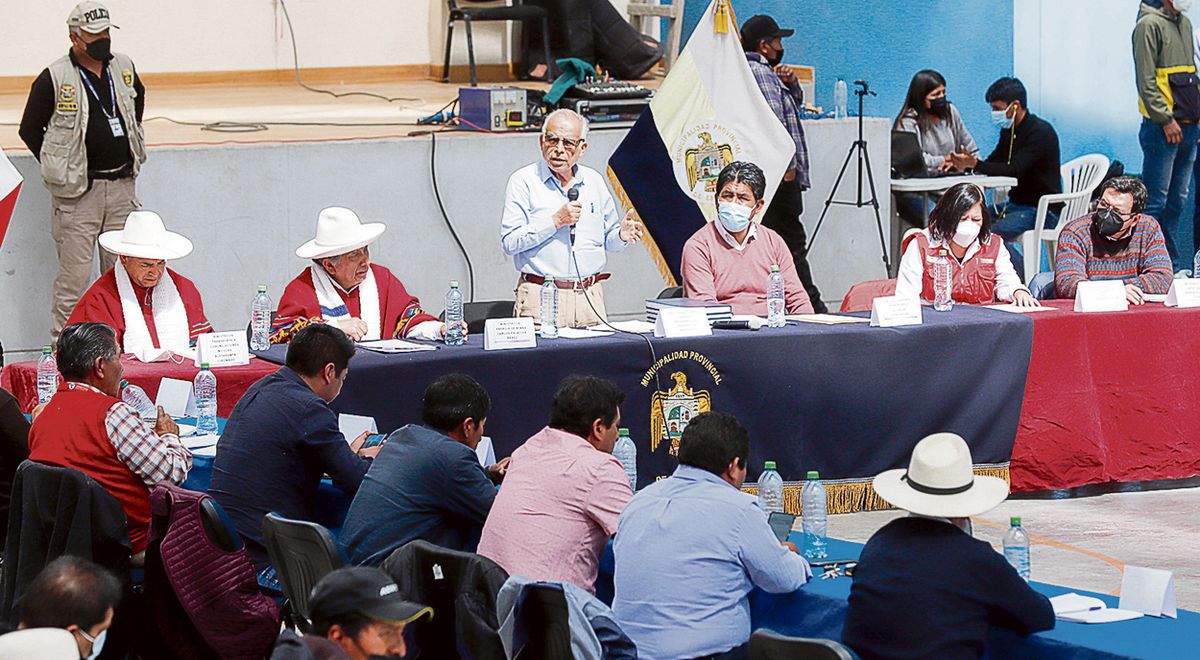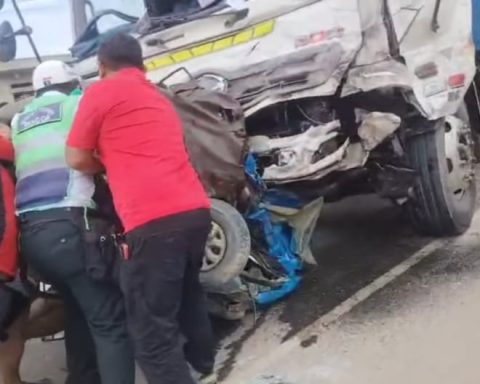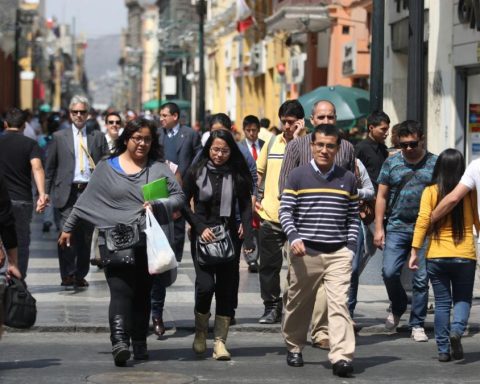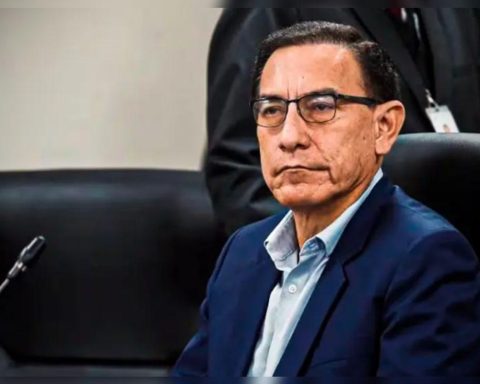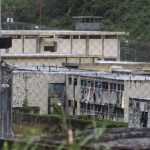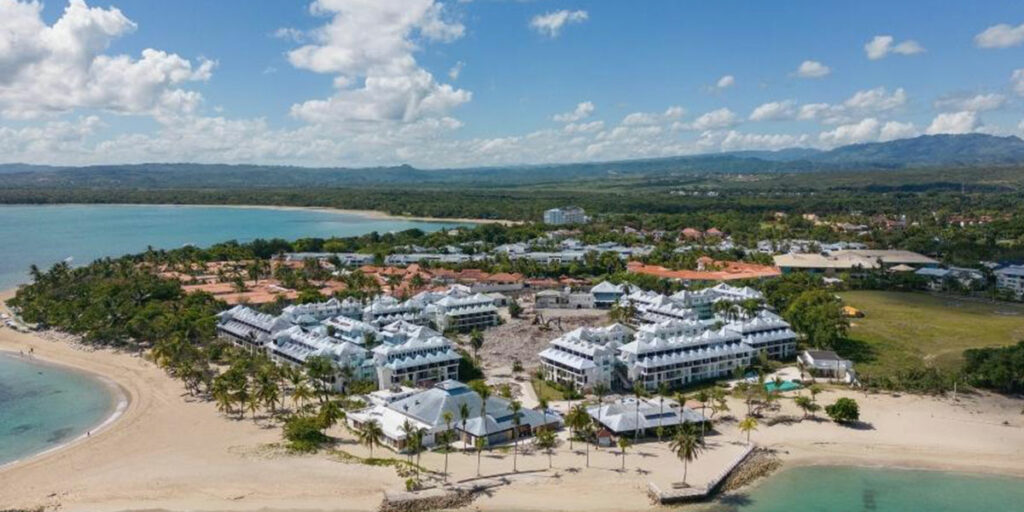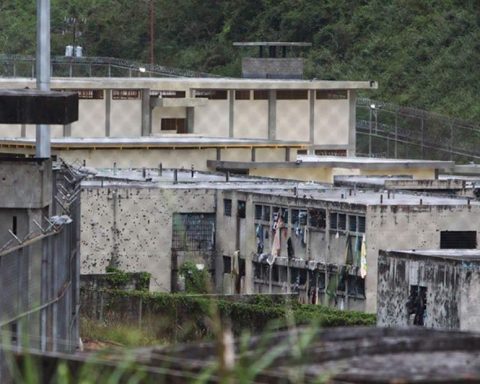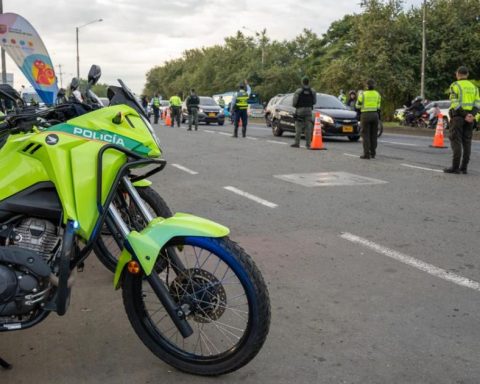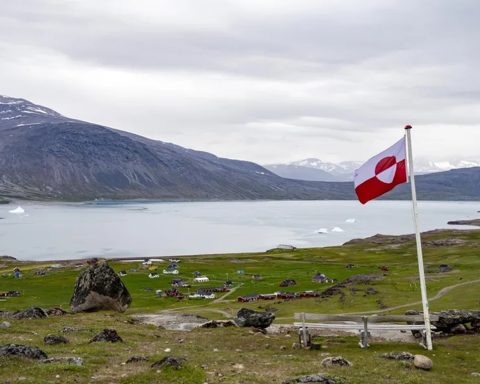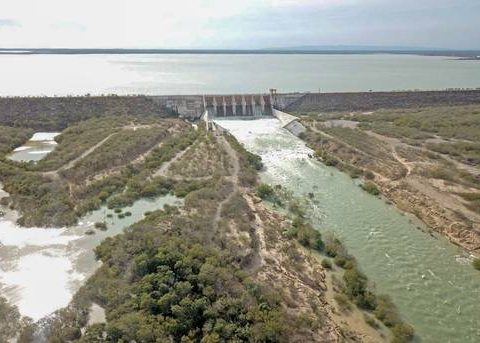Failure to agreements by the Condition and companies with indigenous and peasant communities continues to be the reason for restart of increasingly violent conflicts, as is happening in the Southern Mining Corridor and in the Amazon.
According to the Willaqniki report, from the PCM, corresponding to December 2019, in the period 2010-2019, 6,876 commitments were registered. Around 50% was pending compliance.
Today the situation is no different. Verónica Shibuya, coordinator in Loreto of the Amazon Center for Anthropology and Practical Application (CAAAP), refers that the platform of the four basins has not honored one hundred percent the act of prior consultation on the Lot 192, signed in August 2021. Add the minutes signed with the residents of Cuninico as a result of the oil spill that occurred last September, and with the population of San José de Saramuro.
“All the minutes have a large percentage of non-compliance, there is no one hundred percent compliance,” he notes.
Regarding the conflict in cuninic, Veronica Shibuya understands that the accident at Jorge Chávez airport has prevented the arrival of officials of the Government. However, he believes that they were able to meet virtually with the leaders and not postpone the meeting until December 15, while the population continues without water, without being able to fish, with sick people and three deaths.
new strategy
José Fachín, from the Platform of Peoples Affected by Extractive Activity, mentions that they have decided not to sign acts because they do not generate an obligation to the State. They chose to make use of the law and thus they have achieved resolutions such as 205-2019-PCM, which recognizes two agendas: everything that is hydrocarbons and the post-oil life plan.
In addition, resolution 139-2019 that guarantees basic services, as a form of compensation to the communities settled in the oil circuit, with a budget supported by Supreme Decree 145-2020.
“The 6,200 million will go to a trust that will be implemented in January 2023,” he explains.
Y clarifies that the technical study of the Norperuano Pipeline is pendingthe truth commission to investigate the spills, the easement of use of their lands, modification of the oil canon, remediation in the 4 basins and others.
“We have only advanced two points: the review and modification of the oil contract to guarantee 2.5% of the controlled barrels of all lots, and the issue of basic rights,” says José Fachín.
In the mining corridor
Flavio Huanqque, coordinator of 11 communities in the Cusco province of Espinar, reports that with the State they have three agendas: prior consultation, reparations plan and social emergency fund. It indicates that they have added the communal canon.
Regarding the reparations plan, he says that a new resolution will come out for the identification and quantification of people who will be compensated. Regarding the social emergency fund, he indicates that it is in the stage of collecting projects in the communities. And he notes that the prior consultation has been trapped, because the meeting on November 10 was suspended due to the fact that the representatives of the State arrived late and without announcements for the people of Espinare.
“The three agendas are in the minutes of November 18, 2019. Since that date, progress has been made by 50% or perhaps less”, maintains Flavio Huanqque.
While in Challhuahuacho, the president of the Defense Front, Lucio Puma, stated that in the meeting on April 18 and 19, 2022 with former Prime Minister Aníbal Torres and seven ministers, to follow up on the minutes of December 9 and 10, 2021 , another 26 commitments were given. Among them, the construction of a hospital, rural electrification, irrigation projects, bridges, internet coverage.
Challhuahuacho. The image could be repeated this week. Photo: diffusion
“After seven months, everything remains the same despite the fact that later we met with Dina Boluarte. We are already tired, nothing is resolved. This week we are going to resume the protest in the mining corridor”warns Lucio Puma.
And Yaneth Silva, president of the Challhuahuacho Women’s Federation, adds that they have signed minutes in 2015. “In seven years there have been dialogues and commitments, but we only received deception, like the four dams for agriculture that were going to be built on last year. Today the drought finds us without water”, laments Yaneth Silva.
Social conflicts will continue to be dealt with by the Presidency of the Council of Ministers. This time, the leaders will no longer meet with Aníbal Torres but with Betssy Chávez, although the ex-premier will continue together with Chávez as his adviser.
Doubts. Now Betssy Chávez will deal with social conflicts, but with advice from Aníbal Torres.
southern mining corridor
Minutes of April 2022. Aníbal Torres and seven ministers signed 26 commitments with Challhuahuacho.
Amazon, oil circuit
Indigenous peoples of Loreto are the ones that have signed the most acts. Their remoteness makes their problems invisible.
Compliance needs to be monitored
Focus: by Rolando Luque, Ombudsman’s Office
We are facing a particularly delicate fact. What has the Ombudsman said about it? First, the act is a political document that needs to be converted into an administrative document that is part of the public management processes within the State. In other words, the minutes with agreements must be driven by the obligation to comply with them and not solely by political will.
The Ombudsman’s Office has proposed the creation of an Agreement Compliance Management Unit. For this, for three years, has requested the Ministry of Economy and Finance to allocate a budget, and has repeated it this year.
What the Ombudsman seeks is the best management of the Government, indicating each month through a report what the status of the agreements is: they have been fulfilled, they are in process, they have not been fulfilled, the remaining term, who is responsible comply. For the Government it would be useful to have this information classified in a database and with a mechanism for public access to information.
The citizens of Chumbivilcasfrom Cotabambas or from Marañón Datem They could go directly to the Ombudsman’s website and find out the status of the agreements they signed together with the State and the companies. This makes it more transparent and brings citizens closer to the State. Sometimes, the mobilizations return only due to ignorance of the situation of the act they signed.
